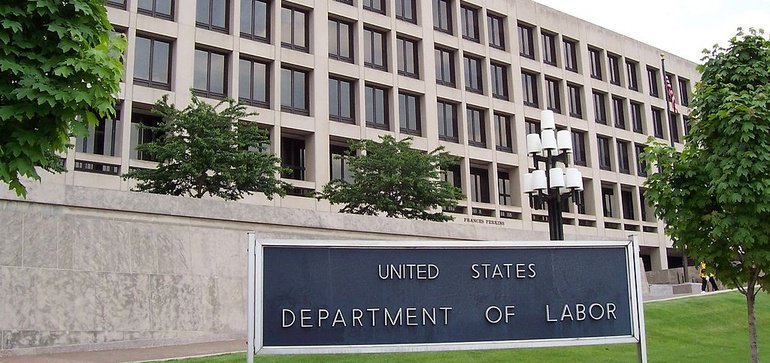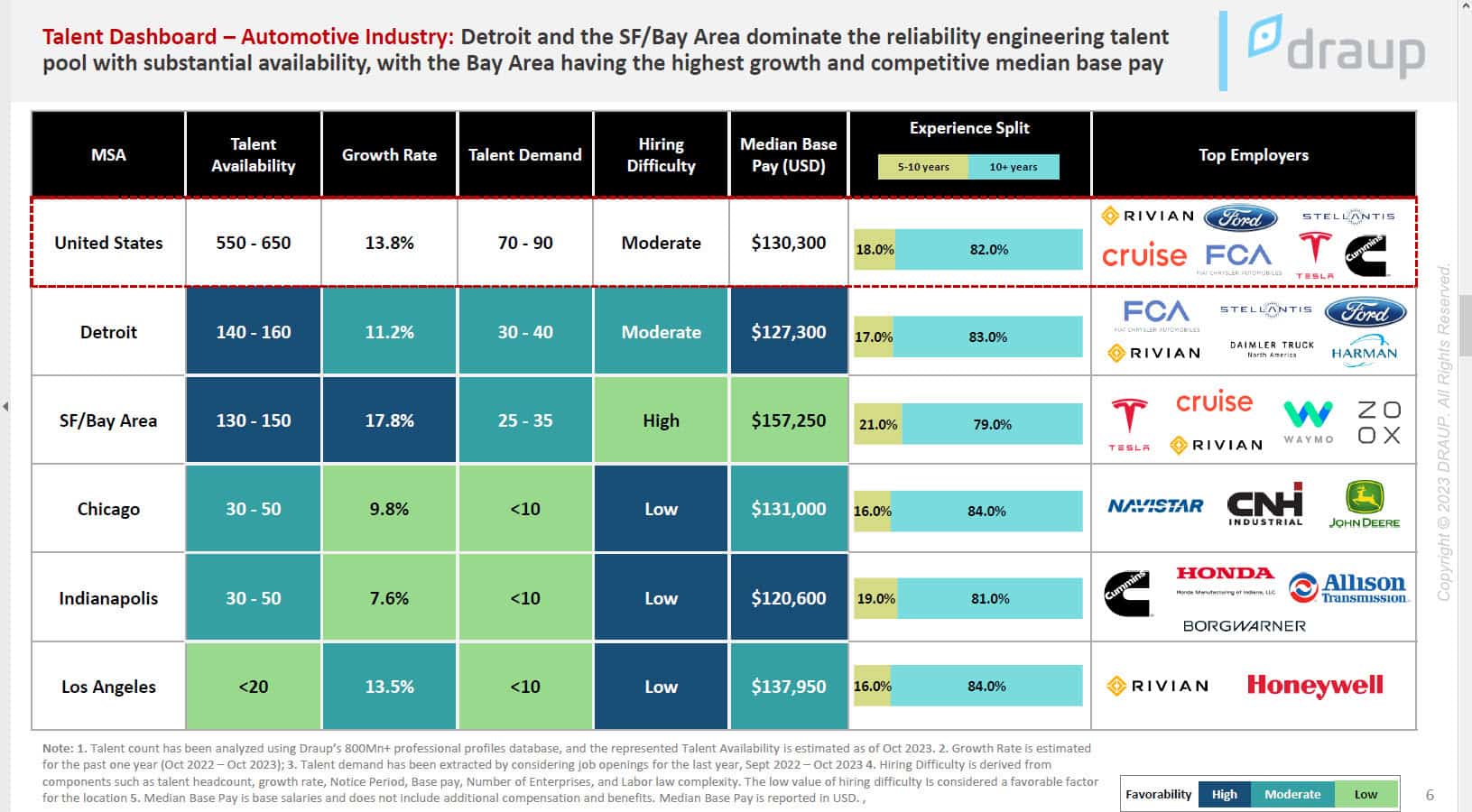Kate Tornone

- The U.S. Department of Labor (DOL) plans to propose a new overtime regulation in January 2019, it announced in its latest regulatory agenda. The proposal, which would replace the Obama administration's proposed $47,476 salary threshold for overtime eligibility, was previously slated for October 2018.
- In a separate item on its agenda, DOL announced its intent to amend regulations spelling out how employers must calculate workers' "regular rate of pay" for Fair Labor Standards Act purposes — a metric used to determine how much workers must be paid for overtime hours. A Notice of Proposed Rulemaking (NPRM) is scheduled for September.
- DOL also announced plans to take a second stab at tip pooling rules, with that NPRM slated for August.
The overtime rule delay, while not entirely unexpected, could spell trouble for the Trump administration's plans. During a conference presentation in March, Tammy McCutchen, a former DOL Wage and Hour Division administrator from the Bush administration, warned attendees that they weren't out of the woods just yet with respect to the Obama-era overtime rule.
She predicted that DOL wouldn't hit its self-imposed October deadline and
explained how a series of events following such a delay could ultimately put the $47,476 threshold into effect — with only 30 days' notice to employers. She said there's no reason for employers to panic just yet but recommended that businesses hold onto any plans they made in 2016 when it appeared that the original rule was going to take effect.
DOL's plan to change its "regular rate of pay" regulations, however, wasn't expected. The agenda doesn't make clear what changes the agency intends to make but the rules currently dictate how bonuses, deductions, premium payments and more factor into that rate. The rate is then multiplied by 1.5 to determine how much workers must be paid for overtime hours — those worked beyond 40 in a workweek.
Finally, DOL's plan to address tip pools is part of a larger and controversial effort that prompted Congress
to amend the FLSA in March to forbid employers from pocketing workers' tips. The new rules are expected to rescind Obama-era rules that placed limits on tip-sharing arrangements.
While wage and hour used to be a relatively sleepy area of employment law, employers have seen drastic changes in the past decade, and more appear to be on the way. Still, NPRMs are rarely issued on time, so businesses may have more time to prepare than it appears. If delayed, employers can expect another update on these to-do items in the government's fall regulatory agenda.





 扫一扫
添加客服
扫一扫
添加客服
